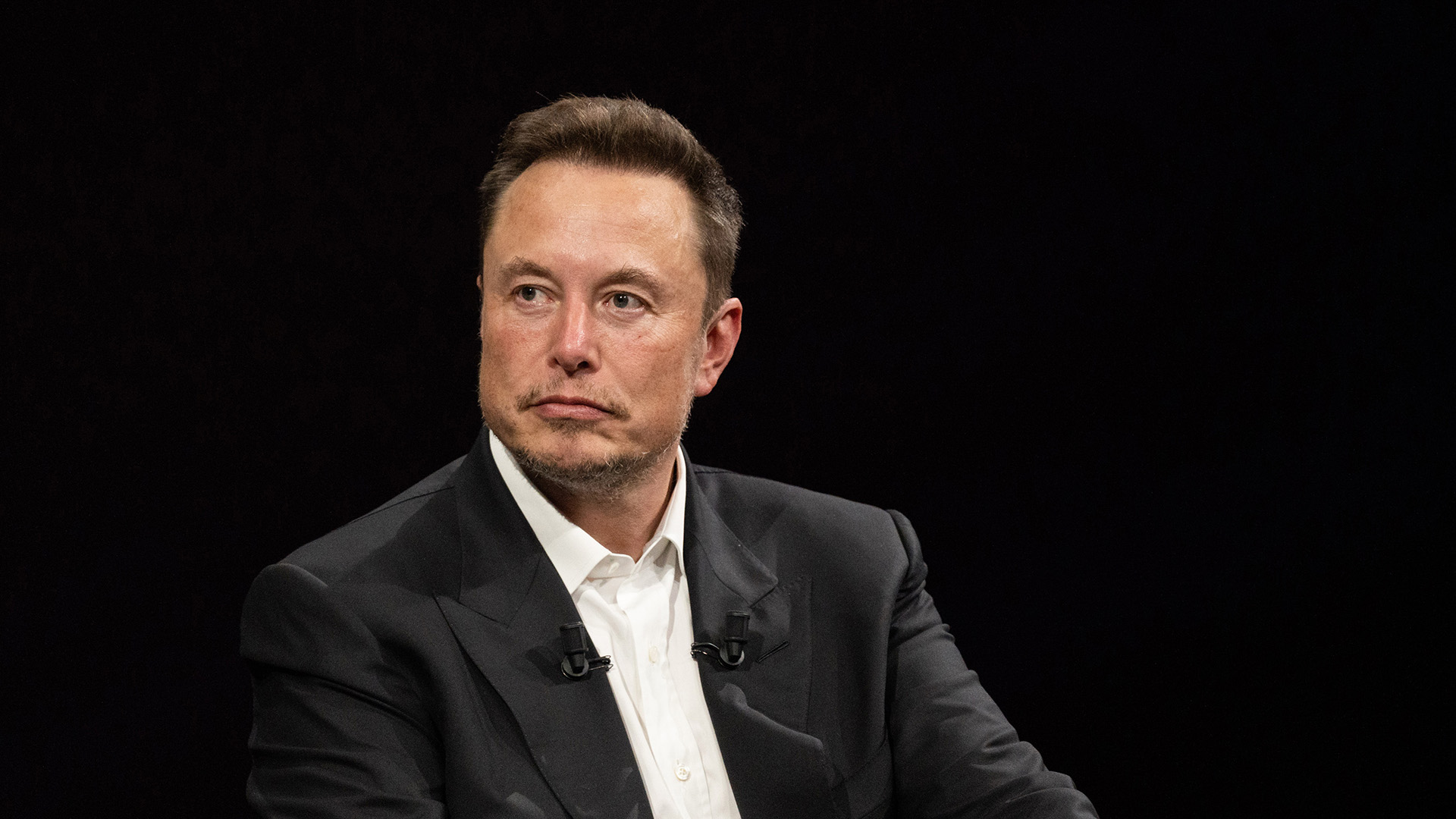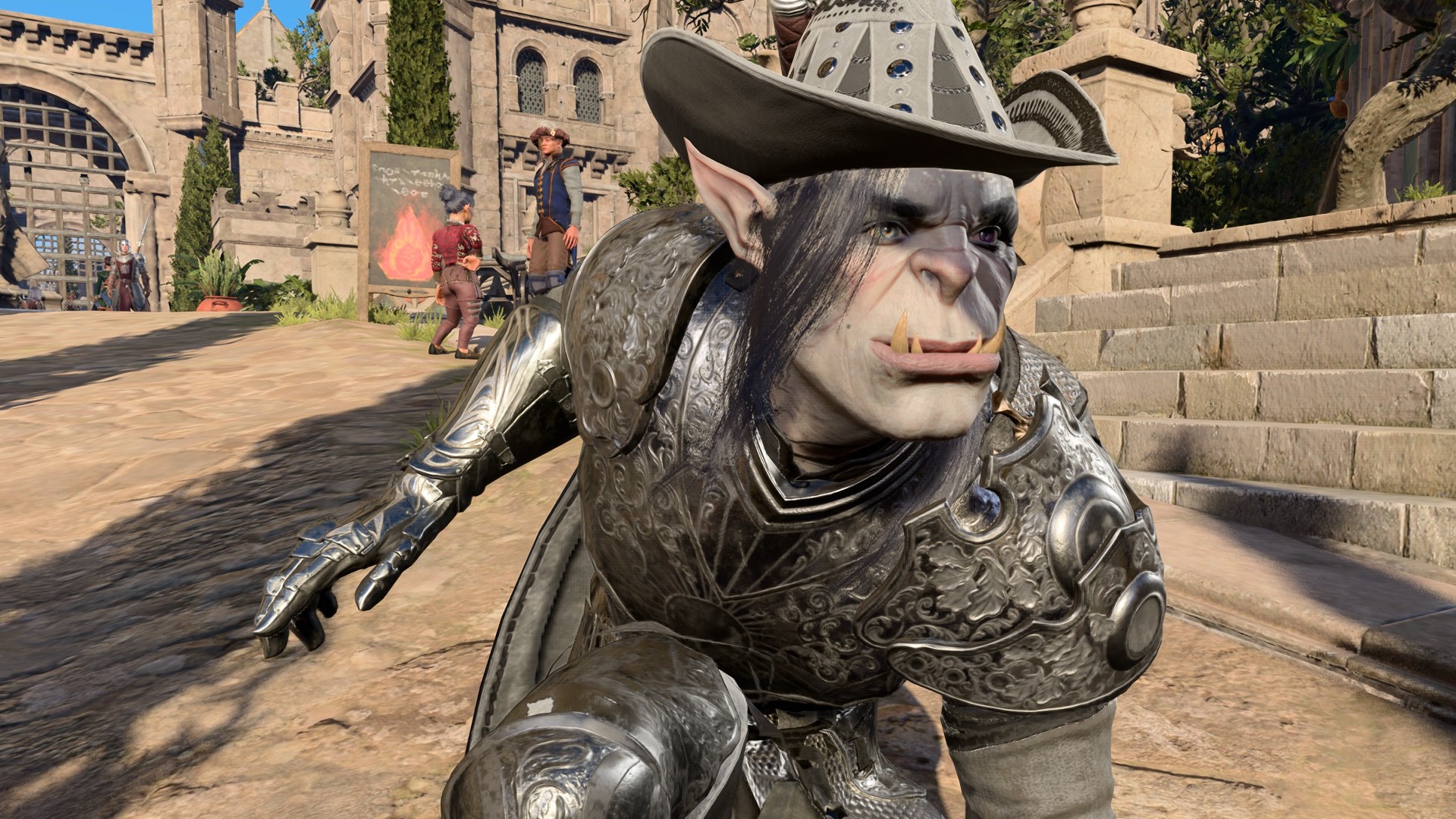The first patient to receive a brain-computer implant from Neuralink is doing well after the procedure, company founder and billionaire Elon Musk has said on X.
The first human received an implant from @Neuralink yesterday and is recovering well.Initial results show promising neuron spike detection.January 29, 2024
Neuralink aims to produce a brain-computer interface (BCI) that will allow a human to control and communicate with a computer using only their brain activity. The company, which was founded by Elon Musk, received the go-ahead for human trials last year from the US Food and Drugs Administration (FDA), and it’s already completed the first procedure towards bringing its BCI to a wider market.
“Our brain-computer interface is fully implantable, cosmetically invisible, and designed to let you control a computer or mobile device anywhere you go,” Neuralink says of its implant on its website.
Neuralink’s BCI is called Telepathy, and Musk says that the first wave of users that the company is targeting with the product are those that have lost the use of their limbs. Scrolling through Musk’s X account doesn’t leave me with the utmost faith in his ability to spearhead this important technology, though Neuralink is not the only company investigating BCIs.
Enables control of your phone or computer, and through them almost any device, just by thinking.Initial users will be those who have lost the use of their limbs. Imagine if Stephen Hawking could communicate faster than a speed typist or auctioneer. That is the goal.January 30, 2024
Neuralink is far from the only company in the field of BCIs, and neither is it the first to implant a BCI within a patient. In 2022, Synchron implanted a BCI into a patient allowing him to communicate through thought alone using a computer. Synchron has been described as being in a race with Neuralink for neuro-implant technologies, and is being part funded by Bill Gates and Jeff Bezos. Similarly, the BBC reports on a Swiss researchers’ implant which led to a paralysed patient regaining the ability to walk.
Neuralink offers this mock-up on its website of a mobile app that would connect to one of its BCI implants. (Image credit: Neuralink)
(Image credit: Valve)
Best VR headset: which kit should you choose?
Best graphics card: you need serious GPU power for VR
Best gaming laptop: don’t get tied to your desktop in VR
Another billionaire in favour of BCI technology may come as a surprise to some. It’s Gabe Newell, the founder and CEO of Valve. Newell has said previously that BCI implants could lend to a future of gaming that is superior to reality, and has confirmed that Valve is working on BCI software.
Gamers will be no stranger to the concept of BCIs, however. They’re central components to skill trees from many games in the past few decades, including Cyberpunk 2077 and the late-great Deus Ex series. Though neither of those two series’ writers looked too fondly on the whole neural-computer mash-up. In fact, both games have humans succumbing or abusing this technology as a central component of the storyline.
Nevertheless, there are clear benefits to a BCI when used alongside technologies intended to improve the freedom, quality of life, or mobility of those with disabilities. So, let’s start with that and see where we end up.











